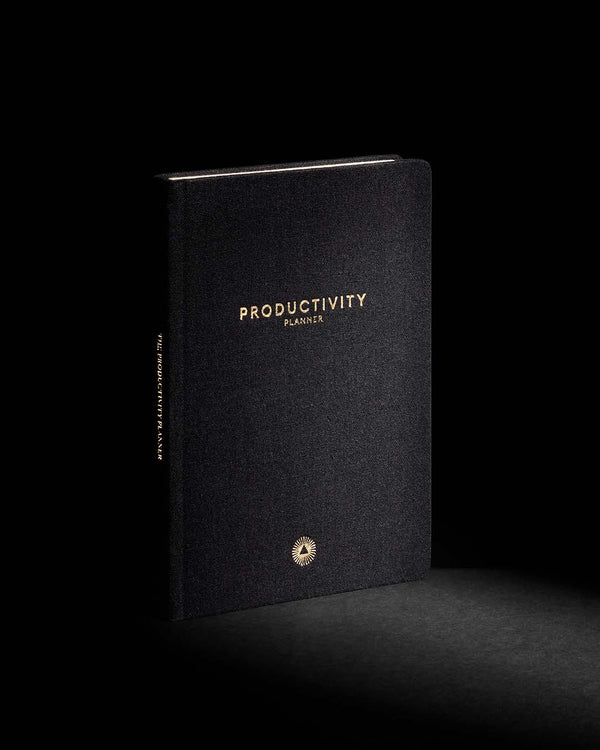Tips for Staying Hydrated

Staying hydrated is one of the cornerstones of our health. After all, our bodies are 60% water.
We spend that water every day, by simply living our lives and being active, which triggers our bodies to give us cues to drink more water, replenish our reserves, and avoid dehydration. This makes our bodies return to homeostasis and then the cycle begins anew.
Although many people think dehydration is something that can happen only during the summer, they’re sorely mistaken — it can happen any time, and it doesn’t have to end with a parched throat. It can creep up on us in the winter too, with no obvious symptoms, and it can have a detrimental effect on our overall health and well-being.
When most of us think about hydration, we simply think about drinking more water, however, today we’re here to learn that there’s more to it. Staying hydrated is about having the proper balance of the electrolytes present in water, such as potassium, magnesium, calcium, and others, and carbohydrates, which are all necessary for normal brain function.
Staying hydrated, therefore, is about more than drinking water. It’s about having a well-designed nutrition plan that will help you keep your electrolytes and carbohydrates in balance.
In this article, we’re going to talk about hydration and share some tips that will help you stay properly hydrated in both summer and winter while exercising, studying, or doing what you do best.
What Should I Know About Hydration?
Dehydration, which is an unpleasant physical state caused by losing more bodily fluids than we take, can have harmful consequences on our health.
It can appear in a mild, moderate, or severe form, depending on the overall status of our bodily fluids (the lost/unreplaced ratio of water in the body). Since electrolytes are necessary for the basic functioning of our nervous system and brain, severe dehydration can lead to nervous system problems.
Other problems related to severe or long-term dehydration are heat injury, problems with the kidneys and urinary tract, low blood pressure, seizures, but there are also the less dangerous, yet quite unpleasant diarrhea and vomiting.
While physical symptoms are the most common, dehydration can also have an impact on a person’s intellectual and psychological capacity. For example, cognitive functions tend to slow down when we’re dehydrated, and it becomes more difficult for us to remain focused and on top of the task if we’re thirsty. This is because our brains need optimal levels of electrolytes to function properly.
Mild and moderate dehydration can result in headaches, feeling weak, dizzy, or lethargic. Physically, we may experience dryness in our mouth, having no urine, dark-colored urine, elevated heartbeat speed, dry, and less elastic skin, etc.
Dehydration poses the highest risk for the elderly, as older people may forget to drink enough water during the day. This can worsen the symptoms of any potential physical illnesses they may be suffering from.
How Much Water Do I Need Per Day?
The recommended amount of water for the average adult, according to the US National Academies of Sciences, Engineering, and Medicine is approximately 4 liters for men and 3 liters for women. This is equal to approximately 12-15 cups of water per day (11,5 cups for women and 15,5 cups for men).
If you exercise regularly, or if it’s extremely warm outside, this intake should be even higher. Also, when you have been drinking coffee or alcoholic beverages or eating salty or spicy food, your body may need even more water than usual, because all of them speed up dehydration. It may not sound very intuitive, but salty and spicy foods actually elevate our body temperature, which leads to higher water expenditure in the body. If you ate fast food or snacks recently, you maybe remember being quite thirsty afterward.
In order to prevent the negative health consequences caused by dehydration, it’s important to remain hydrated as best as you can, at all times. In our experience, the best way to achieve this is to build a habit of regular hydration.
When we don’t work on building our habits properly, it’s easy for us to fall out of the routine of performing them. In order to build a regular water intake habit that sticks, try to follow these tips.
How to Build a Hydration Habit
In the following paragraphs, we’ll share with you some tips on how to stay hydrated and how to make hydration a habit.
Write It Down in Your Planner
If you’re using the Quarterly Planner, you can make your daily water intake one of your goals, while our Daily Desk Pad has already water tracker included.
One important element in staying hydrated is drinking water before you go thirsty. For example, add drinking a cup of water after each Focus Time session. At the end of each day include the water intake into your productivity assessment, as that way, you will acknowledge and recognize your efforts towards building a better habit.
Make It a Part of Your Daily Routines
If you have a morning or evening routine that you stick to, add the extra step of drinking water. Fitting a new habit you’re building into an existent system makes it less burdening for the brain to accept and process this kind of novelty.
For example, after waking up and filling out your Five Minute Journal, you may want to step into your bathroom to get on with your morning rituals. All you need to do here is to add a step like “drink 2 cups of water” after brushing your teeth.
Additionally, make sure that your breakfast promotes water absorption: eating lots of fruits and vegetables not only helps our body absorb the water molecules better, but it also helps it balance the electrolytes and carbohydrates it receives from fluids.
Furthermore, make sure that you have a cup of water somewhere close before bedtime, so it’s always within reach. We acknowledge that this may be tricky to establish, as you may be reluctant to go grab it once you’ve already tucked in for the night, so make sure that you do it while you’re getting ready for bed.
Log Water Intake in an App
If you find that apps help you gamify your routines, then try using an app for tracking your water intake. Today there are many free options for phones, computers, smartwatches, and other smart devices that are designed to remind you to drink your daily doses of water.
Using apps for habit building and tracking is good, because apps usually provide you with reminders, so even if you forget that you need to perform a certain activity, the digital reminder doesn’t. Also, many apps come with habit trackers of different kinds, and habit tracking positively affects the acquisition of a new habit.
Staying hydrated is extremely important for maintaining good health. It’s such a simple, yet necessary part of diet and lifestyle.
Dehydration can cause many negative consequences that most of us can easily prevent just by taking care to drink enough water daily and having a balanced diet.
The best way to do this is to build a habit that will stick. Set water intake as one of your goals, split it into steps and targets, and start implementing a new habit. Alternatively, use apps with reminders and habit trackers that will help you solidify this new habit and adopt it for life.









